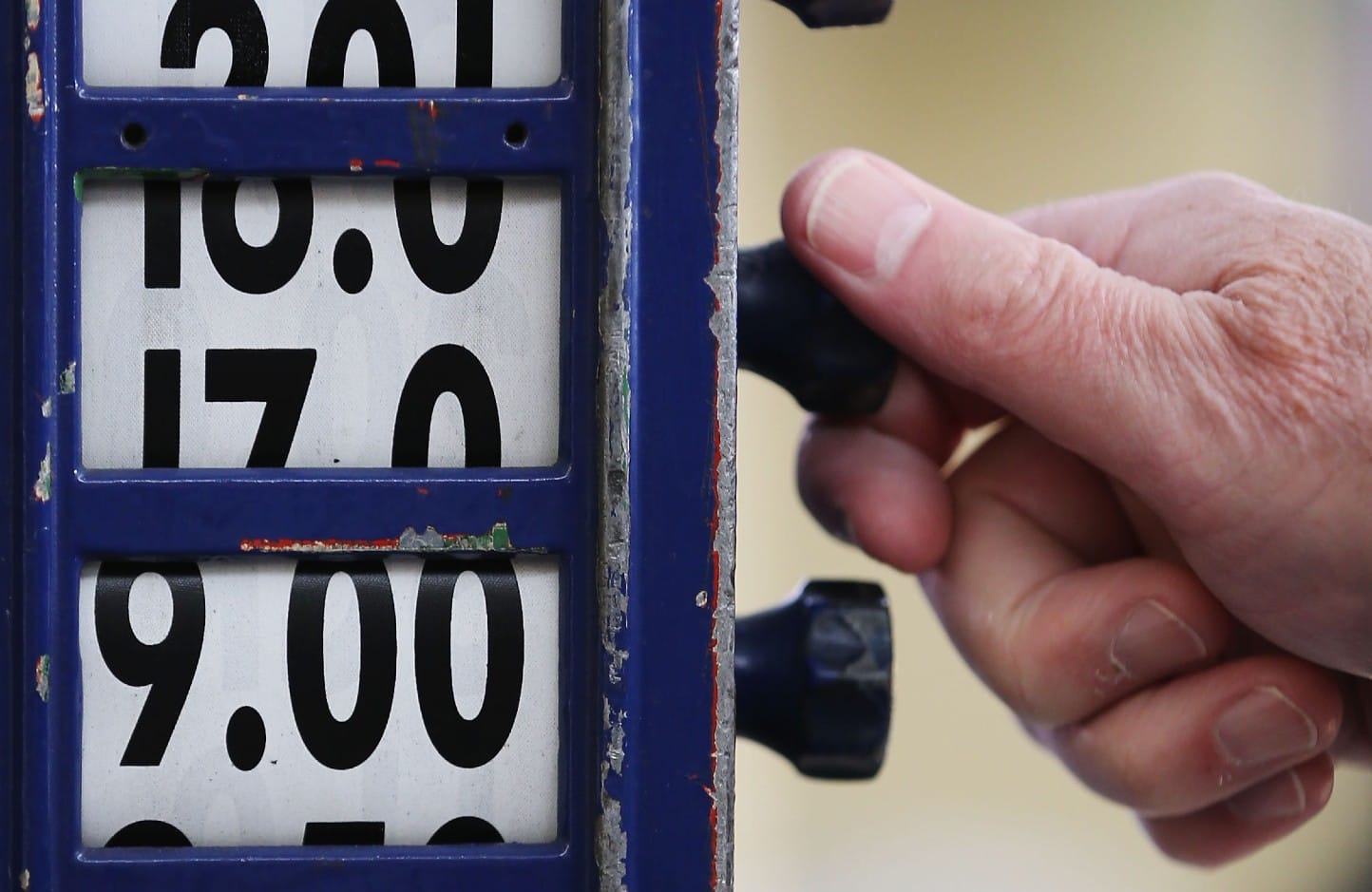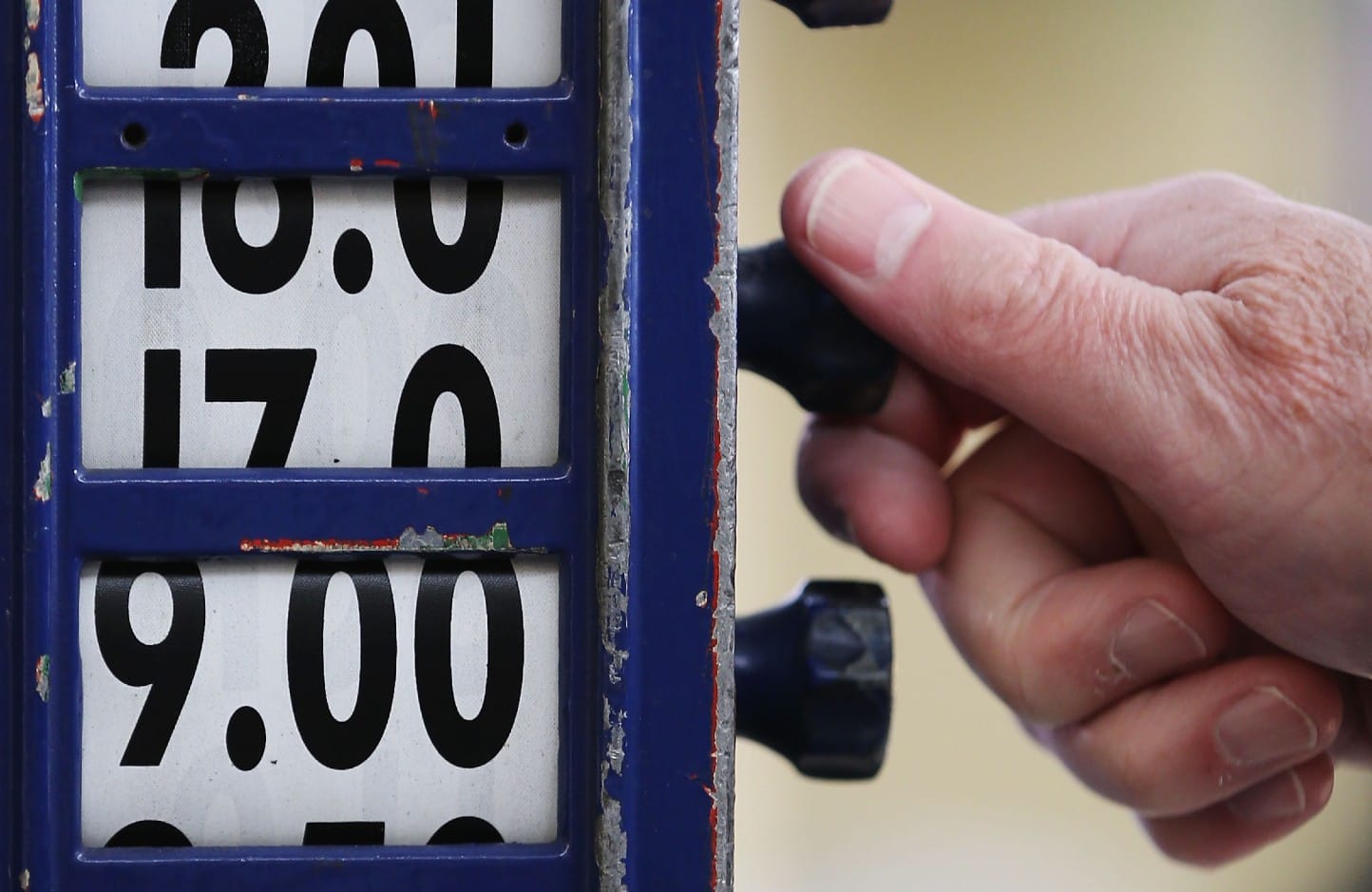This article was first published on X by Daniel O'Sullivan. It has been reprinted with permission by the author.
Plenty of initiatives are proposed to boost the sport of horse racing, with concepts like the World Jockey League currently making headlines. Many of these ideas are worthwhile and can contribute to a stronger sport. However, none of them, not one, will secure racing’s financial future unless we address the only thing that truly sustains the industry: wagering turnover.

That’s the engine. Everything else is bodywork and paint.
Turnover is significantly dropping, and we are amid a time of knee-jerk reactions, cuts to prize money in some cases, and trying to sell off a major asset like Rosehill. We aren’t acknowledging or addressing the deeper, long-standing policy failures that led us here. Participants in the racing industry are being gaslit into thinking that this turnover decline was an unforeseen crisis.
The writing was on the wall years ago. In 2019, others and I argued that the racing industry’s fiscal policy was deeply flawed. Taxing punters more during growth periods, without strategic reinvestment to sustain the core customer base with a fair wagering landscape, was a short-term play. I wrote that complacency about current turnover levels was a real threat, especially with macroeconomic signs pointing to headwinds for discretionary spending and wagering.
Then COVID hit. Turnover surged. That windfall masked the issue and fed more complacency. More tax, more big money races, but no fundamental shift in how punters were engaged or retained. Now that the wagering bubble has burst, the system is under strain. The real problem is finally visible, but still not being addressed.
Instead of focusing on growing turnover, we’re seeing rising market percentages that actively push punters away. Saturday metro SP markets in NSW and VIC have risen from around 115% to 119-120%. Average official top fluctuation markets are now around 109–110%, up from ~105%. Increased taxes and fees have increased the cost of playing the game and made it unsustainable for many, or at the very least, resulted in reduced turnover. At any time, let alone in a time of economic pressure, that’s a recipe for the decline we now see.
It’s not just about cost. It’s about focus. Racing has spent years talking about new fans, races, events, and carnival experiences. It has focused on owner returns, and trainers and jockeys are earning significantly more than ever, but the punter has been strategically neglected. That’s a significant oversight. They are the engine of the industry. Other stakeholders are also vital and deserve to have their needs addressed, but without turnover, there’s no funding.
There’s still an opportunity.
Right now, an entire generation of under-35s is already engaged in speculative, analytical hobbies. They analyse and trade stocks, wager on sports and play in crypto markets. They study data science and machine learning. They live for complex systems that reward insight and discipline.
The One Thing Racing Must Fix to Secure Its Future
— Daniel O'Sullivan (@TRBHorseRacing) May 7, 2025
Plenty of initiatives are proposed to boost the sport of 🏇racing, with concepts like the World Jockey League currently making headlines. Many of these ideas are worthwhile and can contribute to a stronger sport. However, none… pic.twitter.com/cWA3FPYrrL
That’s racing’s natural customer going forward. Not the casual Spring or Autumn Carnival attendee, but the sharp, tech-savvy young person who finds joy in solving puzzles.
Racing needs to open the door to them.
That means lowering the learning curve. Creating real educational on-ramps into form, data, modelling, and betting. Celebrating the puzzle, not hiding from it.
Making wagering feel like what it is: an intellectual challenge, a game of skill, and a lifelong hobby for those who take the time to try and master it.
It also means embracing responsible gambling with credibility, not tokenism. Be transparent about risk. Promote tools that help people stay in control. Don’t demonise the very activity that funds the sport.
And most importantly, racing needs to go on the front foot. Run a campaign that positions wagering as a strategic, socially acceptable form of entertainment. Highlight the industry's positive impact - economically, socially, and culturally. Let that be the platform for a genuine, long-term engagement strategy with punters.
Because yes, racing can chase every new engagement idea out there, but if we don’t fix the fundamental issue - if we don’t build a fairer, more appealing wagering ecosystem, then we’re just rearranging the deckchairs on the Titanic.
Punters drive turnover. Turnover funds racing.
Without them, nothing else works.
It’s time to make them the focus again!
This article was first published on X by Daniel O'Sullivan. It has been reprinted with permission by the author.
Daniel O'Sullivan is a respected form analyst and professional punter.






